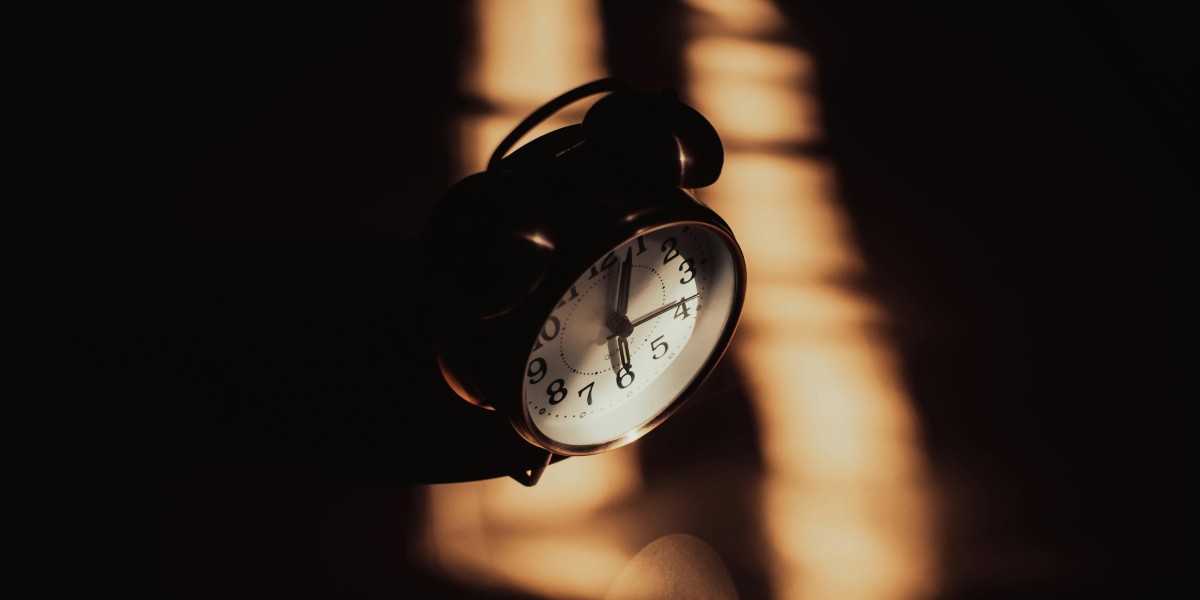We’ve all been told to “eat less, move more.” But new research suggests that the timing of food intake may be just as important as the total calories consumed. This concept is known as chrono-nutrition, and it’s gaining serious attention in scientific circles.
A study published in Cell Metabolism (2013) found that people who ate the majority of their calories late in the evening had higher risks of obesity and metabolic disorders compared to those who ate earlier in the day, even when calorie intake was the same. Why? Because our bodies follow a circadian rhythm — a biological clock that regulates everything from sleep hormones to digestive enzymes.
When we eat late at night, we disrupt this natural rhythm. Insulin sensitivity is lower in the evening, meaning your body is more likely to store food as fat rather than burn it for energy. Late-night eating can also interfere with sleep, creating a cycle of fatigue, cravings, and weight gain.
This is why intermittent fasting is more than just a weight-loss hack — it’s a way to realign your eating patterns with your body’s natural rhythm. By eating during the day and fasting at night, you allow your hormones, digestion, and metabolism to synchronize.
Fastry makes this simple. Instead of asking you to redesign your entire diet, it encourages you to shift your eating window toward earlier hours. Even a 16:8 pattern (16 hours of fasting, 8 hours of eating) can bring measurable improvements in energy, focus, and metabolic health.
The takeaway? Nutrition is not just about what you eat. It’s also about when you eat. Your body already knows the rhythm — intermittent fasting just helps you tune back into it.
Source
Garaulet, M., Gómez-Abellán, P., Alburquerque-Béjar, J. J., Lee, Y. C., Ordovás, J. M., & Scheer, F. A. J. L. (2013). Timing of food intake predicts weight loss effectiveness. International Journal of Obesity, 37(4), 604–611. https://doi.org/10.1038/ijo.2012.229




